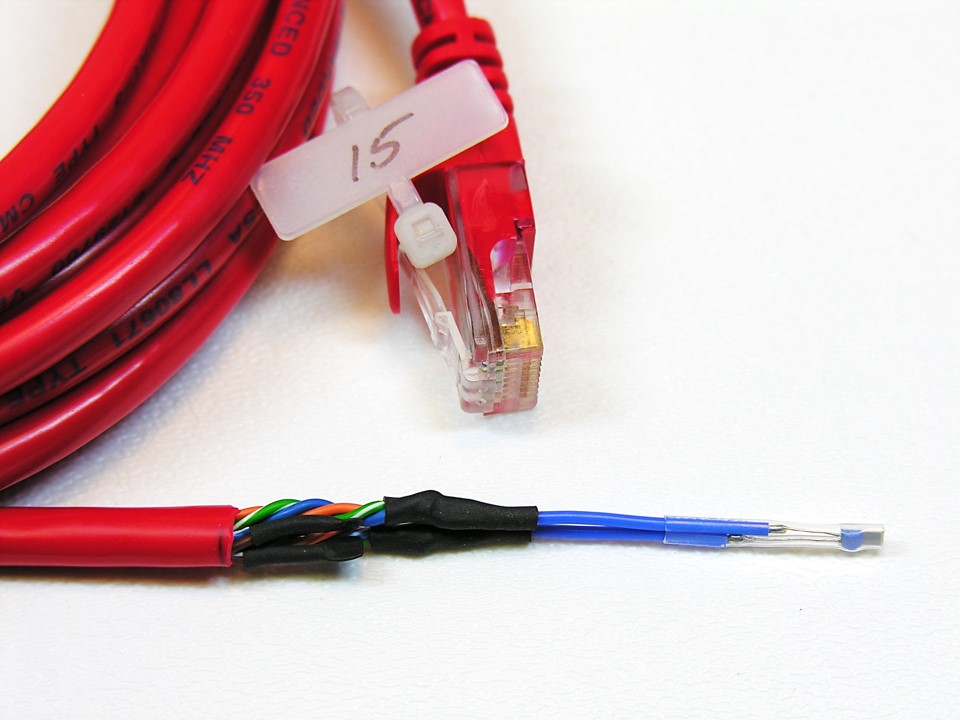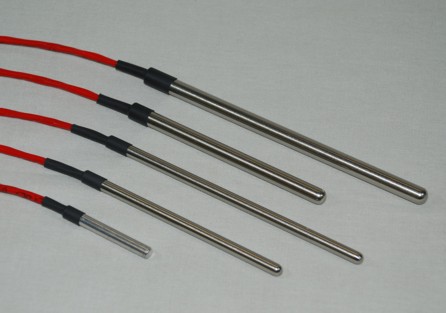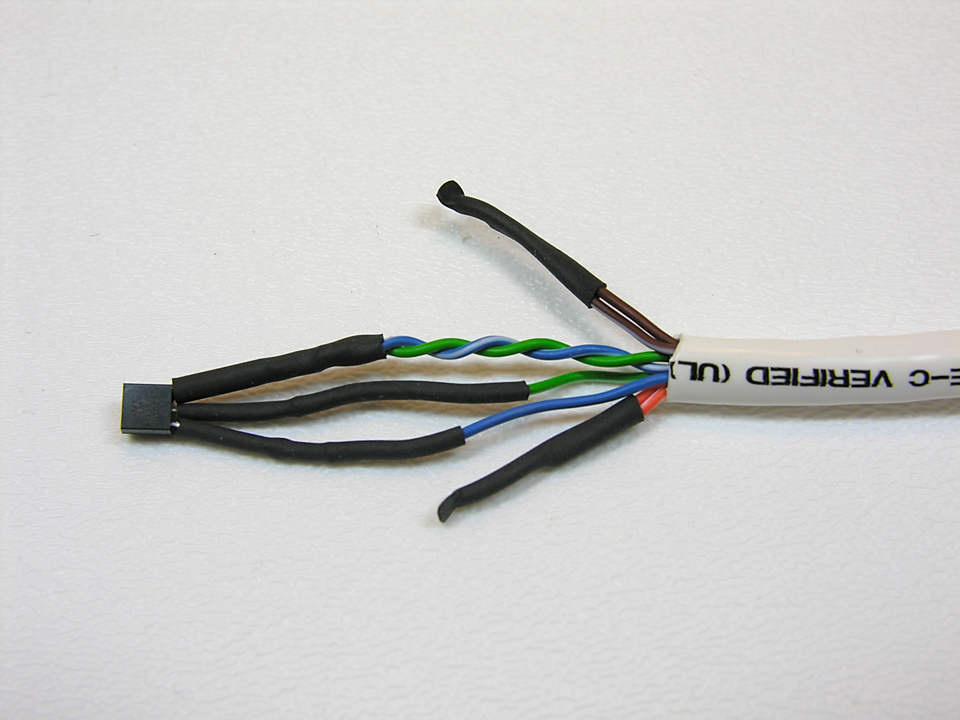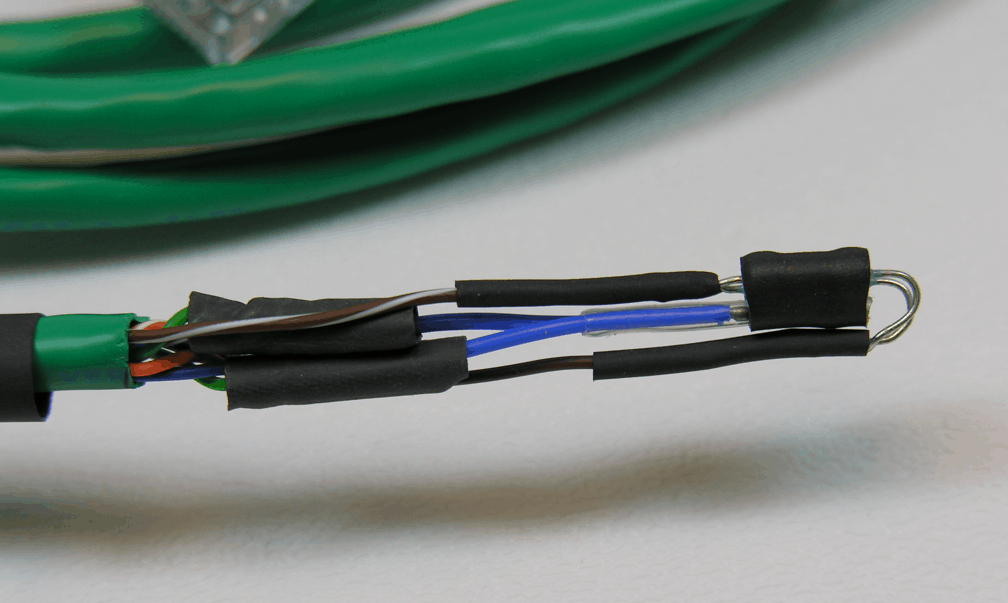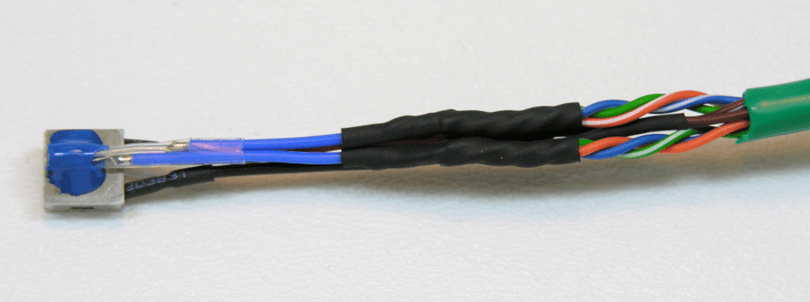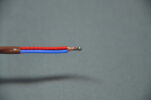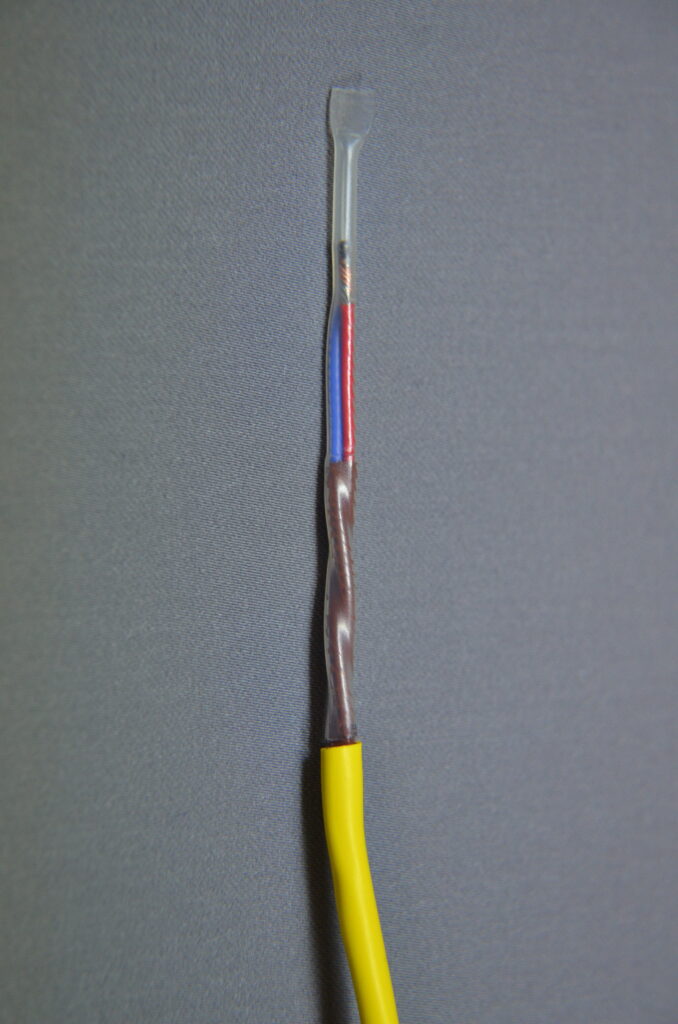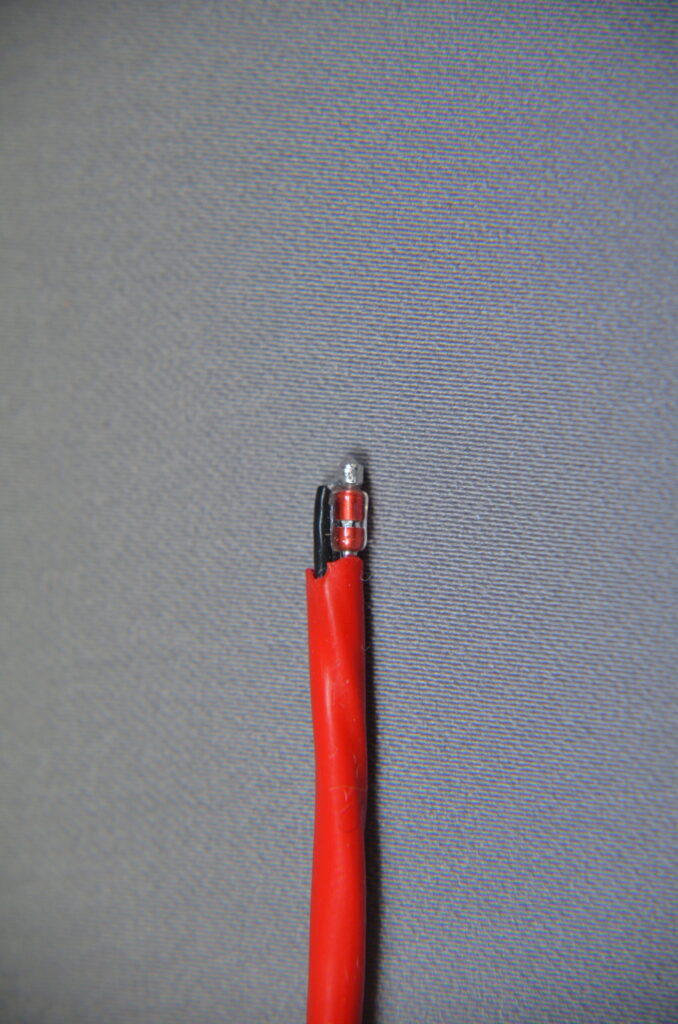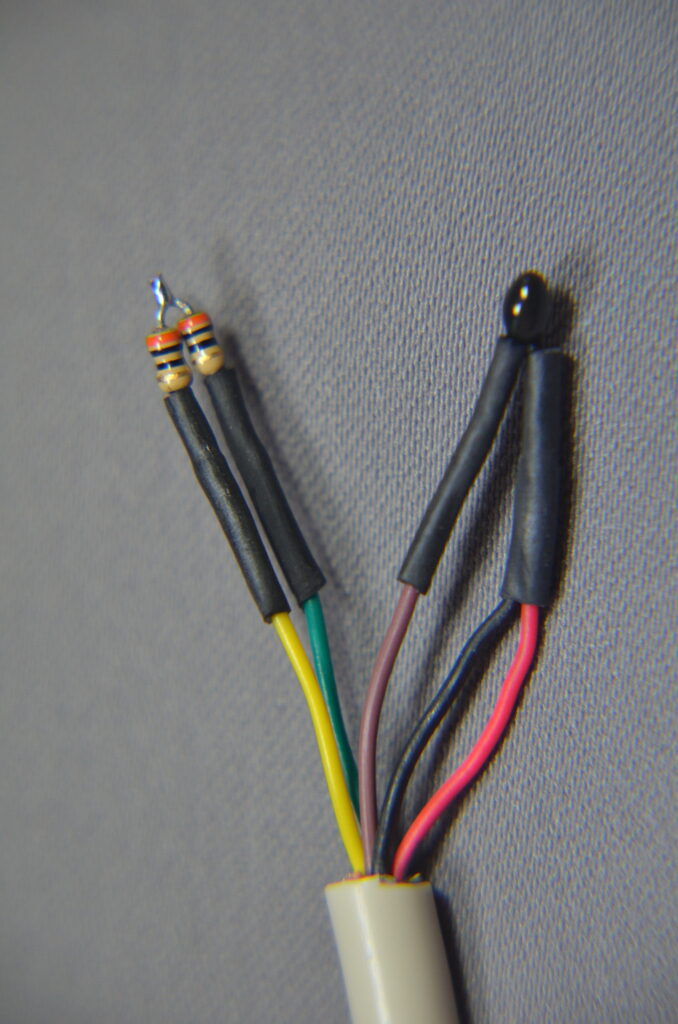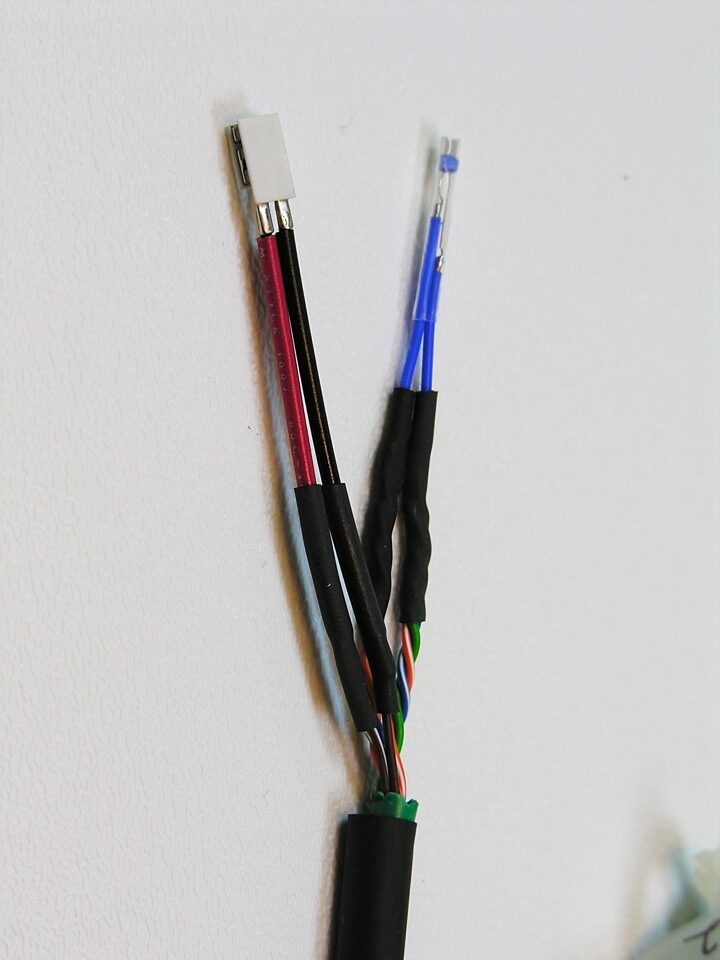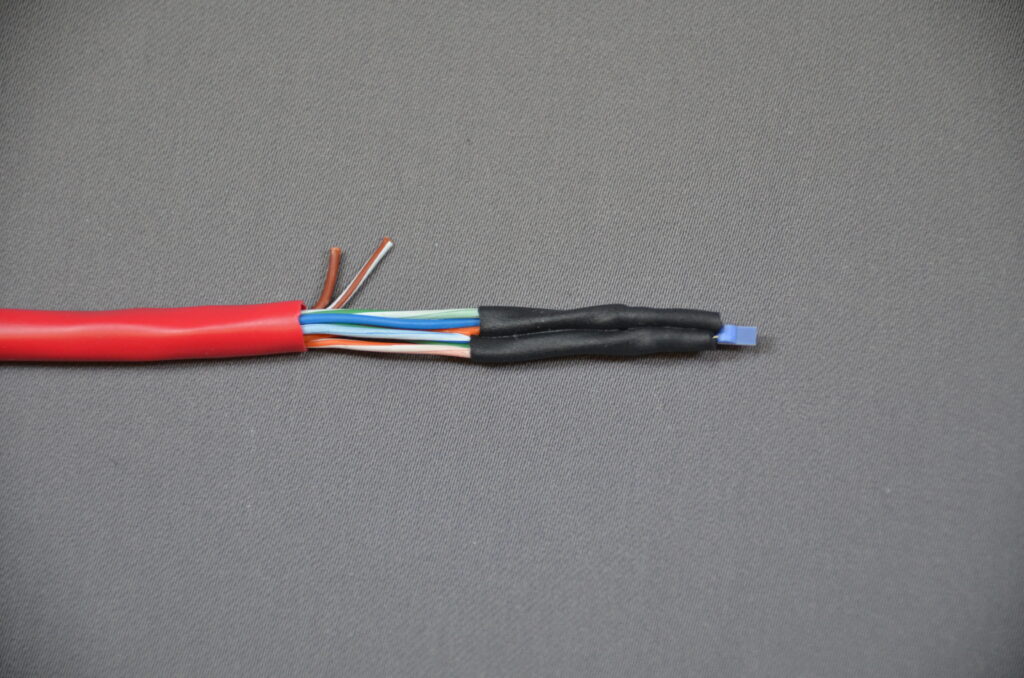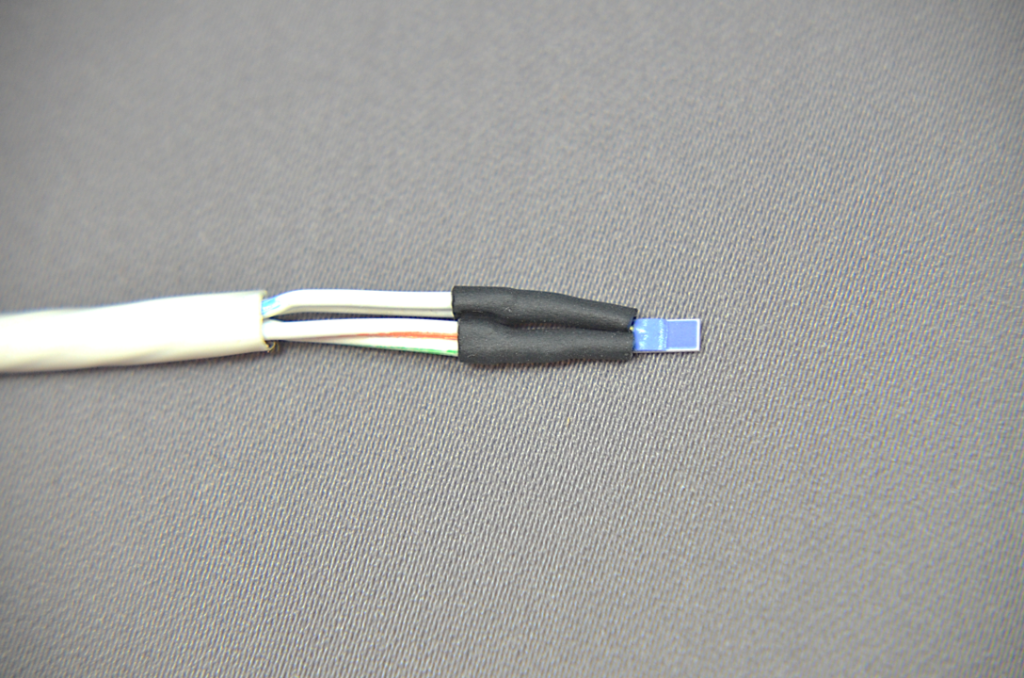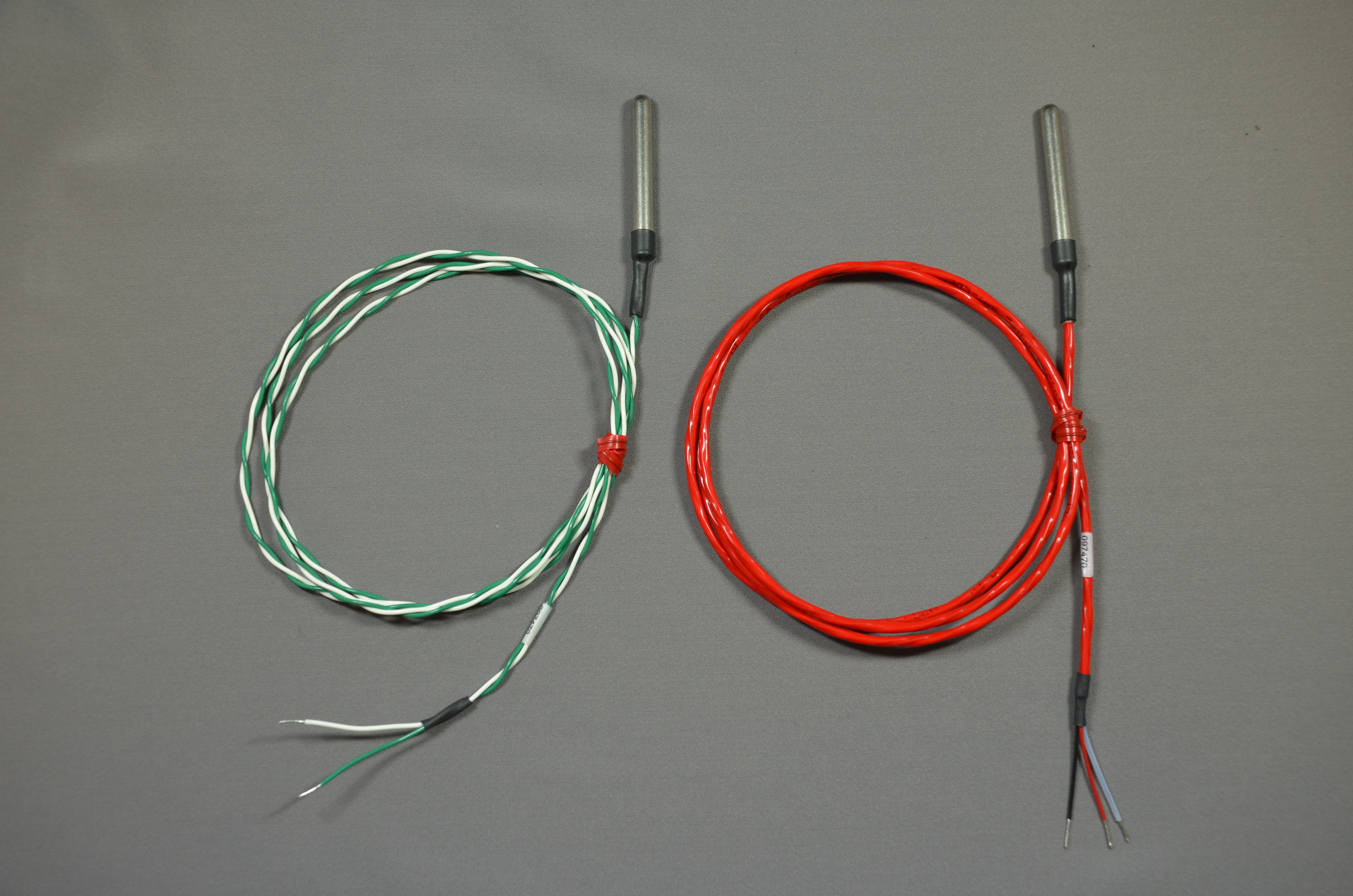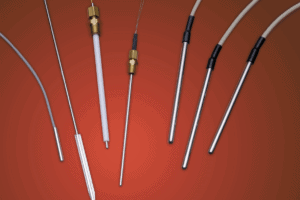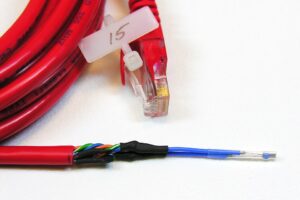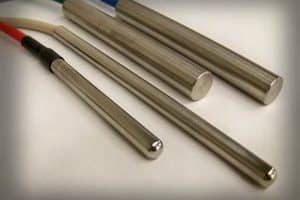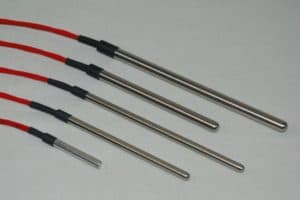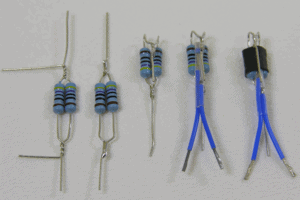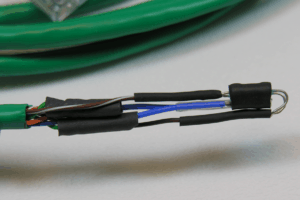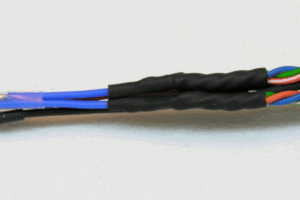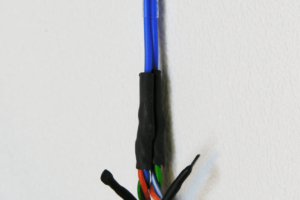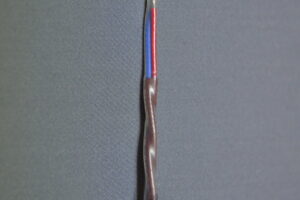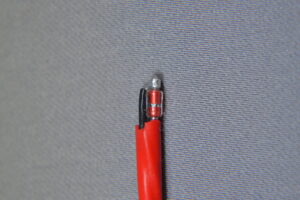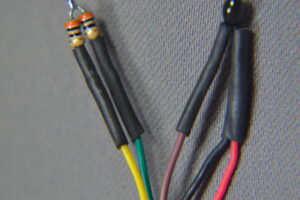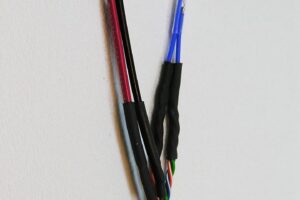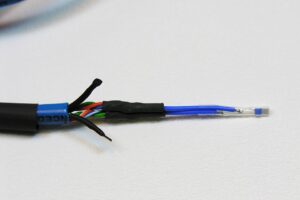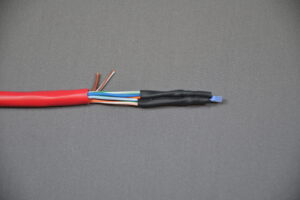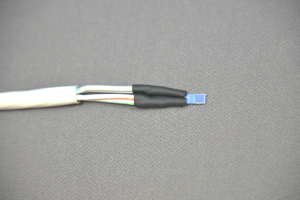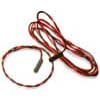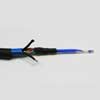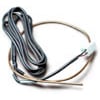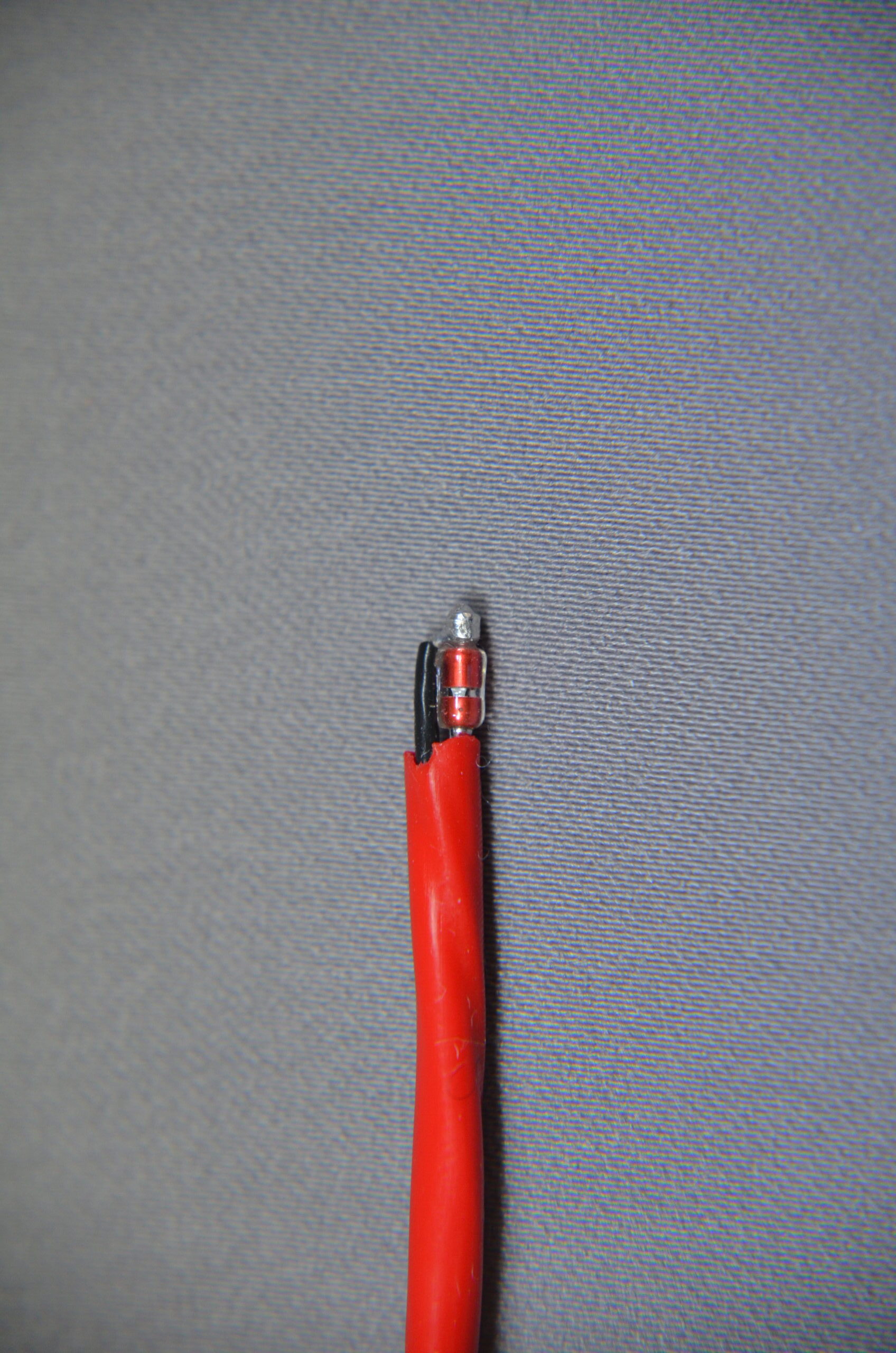What are the Temperature probes?
Click to Expand 
Temperature probes are sensors that monitor and control temperatures in a variety of commercial, residential, and industrial environments. Probes are placed on the surface or immersed in the substance they are measuring. They are particularly useful in process applications where fine temperature controls are critical for manufacturing quality products and operating equipment safely.
Temperature probe assemblies are designed for speedy installation and typically include sensors, sensor heads, transmitters, thermowells, and connectors. By incorporating ready-to-install assemblies, you save time on installation and reduce the potential for calibration errors. All of Digital Instruments’ temperature probes are pre-calibrated, so you can install the full assembly without having to worry about testing each probe component.
We assign unique model numbers to each of our probe assemblies, so you can order the exact assembly you need without having to source components from multiple manufacturers or distributors. With full temperature probe assemblies, you also reduce the amount of time and money spent on field wiring, compatibility checks, and assembly approvals.
All of our temperature probe assemblies are pre-certified, so you enjoy quicker installation and improved temperature measurement precision.


